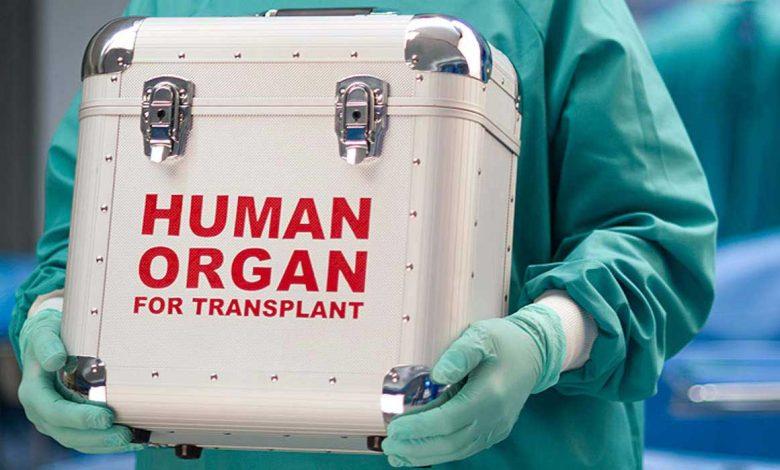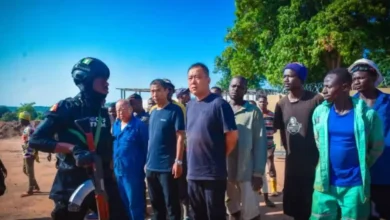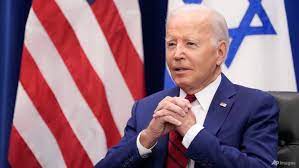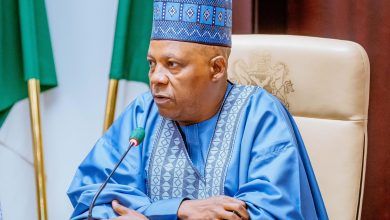
The Nigerian Medical Association’s (NMA) FCT Chapter has advocated for legislative action against organ trafficking in response to the growing alarm that the illicit practice is causing in the medical community.
Dr Charles Ugwuanyi, FCT Chairman of the NMA, made the call at a news conference in Abuja on Monday.
He called for due process, saying that Nigeria could eliminate organ trafficking and safeguard the welfare of its people by passing legislation.
He said that the law governing organ transplants in the country was scanty and limited in depth.
“It only requires the donor to be above 18 years of age and the fact that there is no financial inducement for the donation,” he said.
The chairman said this following an allegation of illegal trade of organs and disregard for due process allegedly involving an Abuja-based medical facility.
Mr Ugwuanyi said that the FCT NMA called for the news conference to enable the public to hear the side story of the Chief Consultant Orthopaedic Surgeon and Proprietor of Alliance Hospital, Abuja, Dr Christopher Otabor, following the allegation.
He said that the news conference was also called to caution the public, especially the vulnerable Nigerians who are often coerced, and deceived into selling their organs.
According to the chairman, the illicit trade not only exploits individuals but also poses significant health risks to both organ donors and recipients.
Mr Ugwuanyi highlighted the urgent need for legislation to combat organ trafficking and protect the welfare of the Nigerian population.
The chairman emphasised the importance of comprehensive laws that criminalise organ trafficking, establish strict penalties for offenders and provide support and rehabilitation for victims.
He further emphasised the need for increased public awareness and education on the dangers and consequences of organ trafficking.
He believed that a multi-sectoral approach involving government agencies, law enforcement, healthcare professionals, and civil society organizations was essential to effectively tackle the issue.
He called on the National Assembly to prioritise the enactment of laws specifically targeting organ trafficking.
He urged lawmakers to collaborate with relevant stakeholders, including medical professionals and legal experts, to develop comprehensive legislation that addressed the complexities of the illegal trade.
“It is hoped that by addressing organ trafficking through robust legislation, the country can effectively combat this criminal activity, protect its citizens, and uphold the principles of medical ethics and human rights,” he said.
Meanwhile, Mr Otabor said it was obvious that there was an organ market out there which Alliance Hospital was not part of and would not condescend to transact in.
He said that a position against the hospital had pronounced a guilty verdict on it and called for punishment for the hospital without due regard to facts.
“I encourage other media houses with genuine intentions to dig deep to unravel the key players in this trade. Alliance Hospital has nothing to do with illegal organ harvesting,” he said.
He also said it was expected that the National Assembly would take the matter seriously and initiate legislative measures to tackle organ trafficking in the country.
He said the involvement of lawmakers and the passing of appropriate laws would send a strong message that organ trafficking would not be tolerated in the country, and those involved would face severe consequences.
Recall that experts said that in Nigeria, kidney recipients source for their donors and present them to the hospital for screening on compatibility and fitness for donation.
After the screening, the hospital proceeds to ensure they meet the legal requirements which include that the donor must be 18 years or above.
Consent forms must be signed by donors in front of two adult witnesses.
Donors must also swear an oath certifying their age and that they did not receive any financial or other forms of coercion before deciding to donate.





